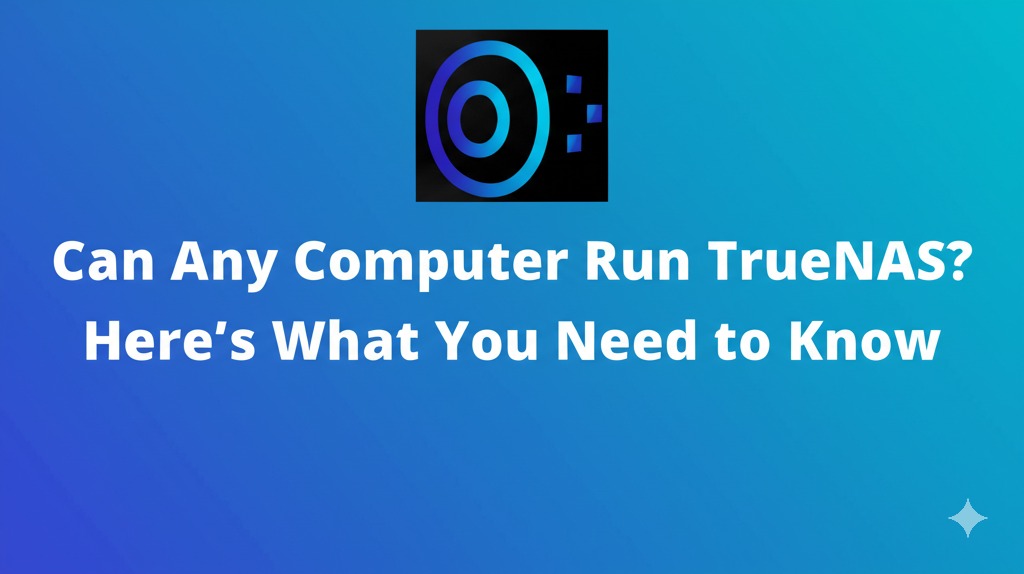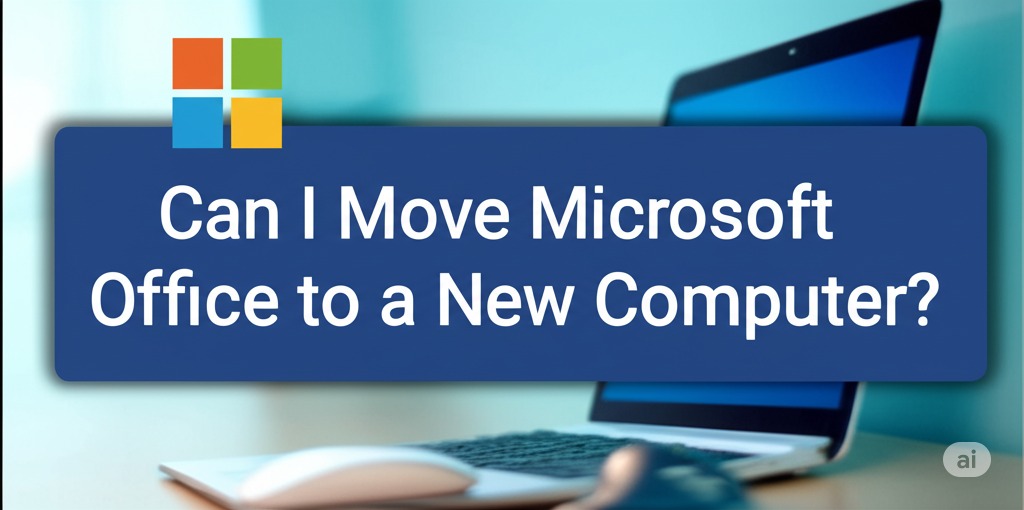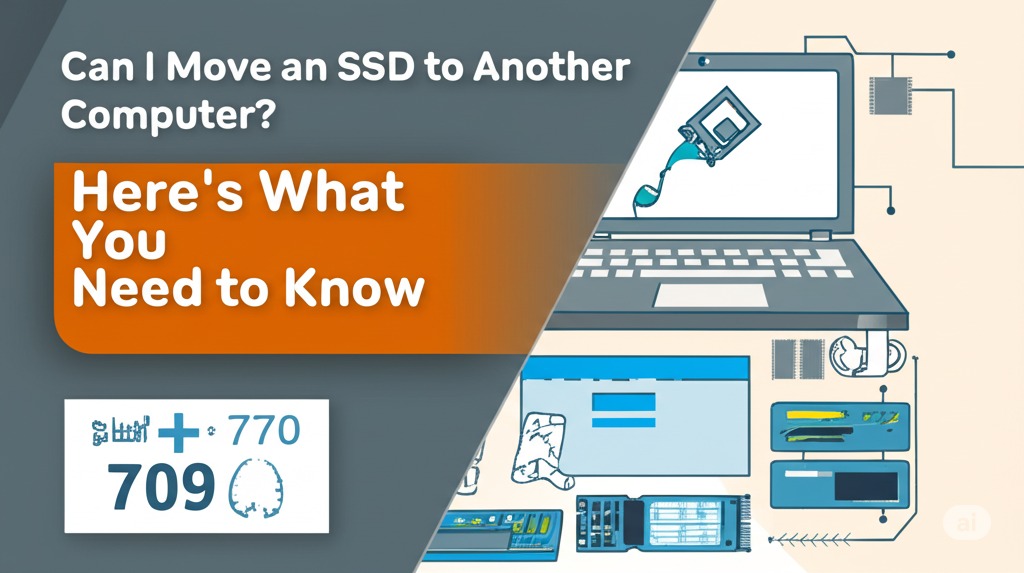Thinking about turning your old PC into a powerful network storage system with TrueNAS? You’re not alone. TrueNAS, a popular open-source NAS (Network Attached Storage) operating system, has gained serious attention for its performance, flexibility, and reliability. But before you dive in, you might be wondering: Can any computer run TrueNAS?
In this guide, we’ll break down the system requirements, hardware compatibility, and what you really need to know to get started. Whether you’re a home user, tech tinkerer, or small business owner, this article will help you determine if your current hardware can handle TrueNAS.
What Is TrueNAS?
TrueNAS, developed by iXsystems, is an enterprise-grade open-source storage OS used to manage and share data over a network. It comes in two main versions:
- TrueNAS CORE – the free, open-source edition ideal for home users and small setups.
- TrueNAS SCALE – adds Linux-based functionality, including container support and scalability features.
Both are based on ZFS, a powerful file system known for data integrity and efficient storage management.
Can Any Computer Run TrueNAS?
The short answer is: Not every computer can run TrueNAS optimally, but many can. While TrueNAS isn’t overly demanding, it does have specific hardware requirements to function reliably.
Let’s look deeper into the essential components and compatibility factors.
Minimum Hardware Requirements for TrueNAS
To run TrueNAS (especially TrueNAS CORE), you’ll need a system that meets these baseline specifications:
- 64-bit processor (Intel or AMD)
- 8 GB of RAM minimum (16 GB recommended for ZFS)
- Boot device: USB flash drive, SSD, or SATA DOM (16 GB or more)
- Storage drives: At least one, preferably more for redundancy (HDDs or SSDs)
- Network interface card (NIC): Gigabit Ethernet or better
Important: ZFS is memory-hungry. While 8 GB RAM is the bare minimum, TrueNAS truly shines with 16 GB or more, especially when handling large volumes of data or multiple users.
What Type of Computer Is Best for TrueNAS?
✅ Recommended: Desktop PCs and Workstations
Older desktop computers or custom-built PCs are great candidates, especially if they have:
- Upgradeable RAM
- Multiple SATA ports or PCIe slots for storage expansion
- Decent cooling and power supply
These systems offer flexibility and often exceed the minimum requirements with minor upgrades.
🚫 Not Ideal: Laptops and Mini PCs
While technically possible, running TrueNAS on a laptop or compact mini PC has major downsides:
- Limited drive bays for storage
- Lower RAM capacity
- Higher risk of overheating under continuous load
- Non-ECC RAM (see below)
If you’re serious about data storage and reliability, avoid laptops unless you’re just testing.
ECC vs. Non-ECC RAM: Does It Matter?
ECC (Error-Correcting Code) RAM is preferred for ZFS systems because it detects and corrects memory errors. This is especially important for:
- Business-critical or archival storage
- Systems handling sensitive data
However, TrueNAS does work with non-ECC RAM, and many home users run it without issues. Just understand that there’s a slightly higher risk of data corruption over time without ECC.
Storage Considerations
Number of Drives
TrueNAS supports RAID-like configurations (like RAID-Z, mirror, and stripe), so using multiple drives is ideal. More drives mean:
- Increased capacity
- Improved redundancy
- Better performance
Type of Drives
- HDDs are cost-effective for bulk storage.
- SSDs are great for speed, especially for cache or boot drives.
Mixing drives is possible, but performance will depend on the slowest drive in the pool.
TrueNAS Installation: Boot Drive Tips
Your boot device should be:
- At least 16 GB
- Not one of your storage drives
- Reliable (avoid cheap USB sticks for long-term use)
Best options: A small SSD or high-quality USB 3.0 flash drive.
Virtual Machines and TrueNAS
Yes, TrueNAS can run in a virtual machine (VM), which is useful for testing. However:
- Pass-through of storage drives is needed for real performance
- VM performance may lag behind bare-metal installs
- It’s not ideal for production systems
If you’re just experimenting or learning, a VM setup is fine. For real use, go with direct hardware installation.
Summary: Can Your Computer Run TrueNAS?
✅ Your computer can probably run TrueNAS if it has:
- A 64-bit CPU (Intel/AMD)
- At least 8–16 GB of RAM
- Extra storage drives (HDDs or SSDs)
- A reliable boot device (not one of the storage drives)
- A good network connection
🚫 You may run into problems if your system is:
- A laptop with limited expandability
- Too old to support 64-bit or enough RAM
- Lacking multiple SATA ports or PCIe slots
Final Thoughts
So, can any computer run TrueNAS? Technically, many can—but for the best experience, you want a system that meets or exceeds the recommended specs. Investing in a capable machine will ensure data reliability, performance, and scalability.
Whether you’re building your first home NAS or upgrading an old desktop, TrueNAS is a powerful and flexible choice—just make sure your hardware is up to the task.

Caleb Carlson is a contributing writer at Computer Site Engineering, specializing in computer technology, software trends, and hardware innovations. His articles simplify complex tech topics, making them accessible to readers of all levels.





